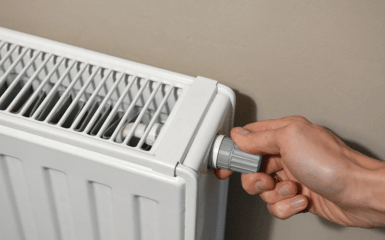The Russian occupiers have still not turned on the heating in some of the surviving houses of Mariupol. Residents are forced to sit in the cold in freezing weather.
Residents of Mariupol without heating because of the Russians
As noted, the occupation authorities of the temporarily occupied Mariupol continue to destroy the city, which was almost completely destroyed by Russian troops.
Buildings that survived the Russian invasion cannot be connected to the heating system in mid-December.
As a result, people there are doomed to the cold, and their homes are gradually collapsing, said the National Resistance Center of Ukraine.
What is the situation in the occupied territories
The Russians continue repression and terror in the occupied territories. For example, the occupiers are looking for children in the temporarily occupied territories who continue their online education in Ukrainian schools or use Ukrainian services.
Also, according to the Mariupol City Council, teachers of the Russian-occupied city provided high school students with a template for thanking the military of the aggressor state.
In addition, according to the Central Directorate of the Security Service, the Russians are sending additional Rosgvardia forces to conduct comprehensive checks on the local population.
During large-scale raids, it is planned to set up checkpoints every two months and increase the number of patrols in settlements in the temporarily occupied territories.
The invaders also plan to strengthen control over Ukrainian envoys in the occupation and investigate protest moods among local residents. It is noted that all this is happening as part of the beginning of preparations for the "elections" of Russian dictator Vladimir Putin, which are scheduled for the spring of 2024.




